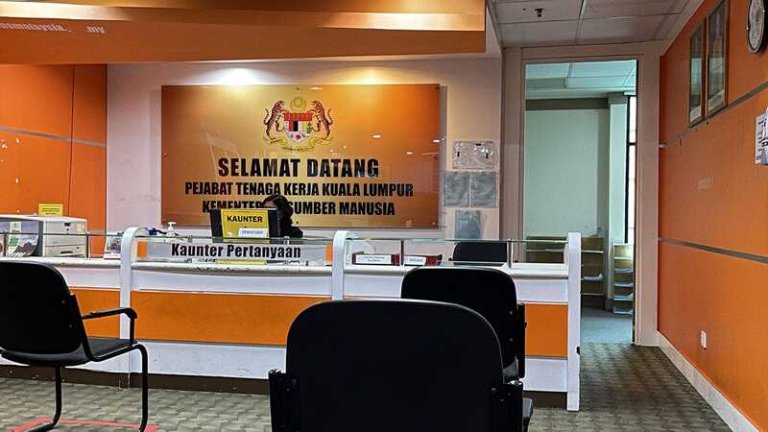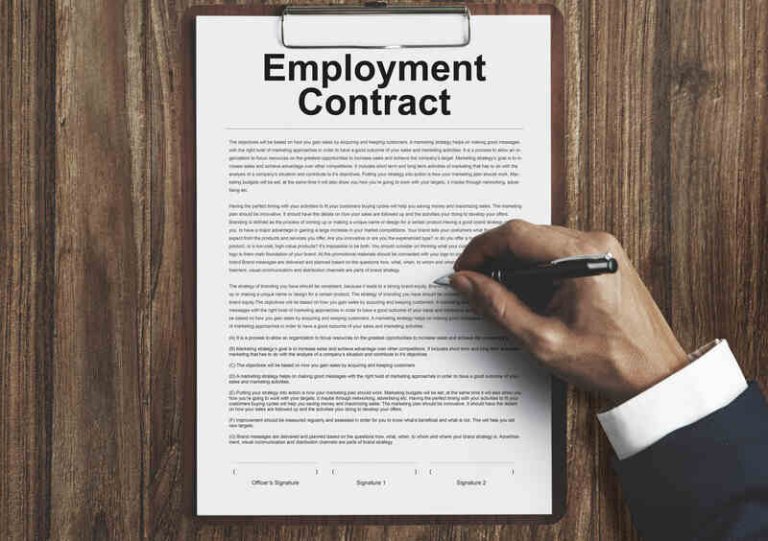Labour Law in Malaysia

Upskill Staf Anda: Bina Website Mesra SEO
Bengkel praktikal 2 hari untuk bina laman web syarikat yang kemas, pantas, dan mudah diurus.
Domain + Hosting + Elementor Pro PERCUMA 1 tahun

In Malaysia, the realm of employment is governed by a comprehensive set of laws and regulations designed to protect the rights and interests of both employers and employees. Understanding these laws is crucial for maintaining a harmonious and productive workplace environment. This article aims to provide an insightful overview of labour laws in Malaysia, covering key aspects that employers and employees need to be aware of.
1. Employment Contracts

- In Malaysia, employment contracts can be either written or oral, although written contracts are highly recommended to avoid misunderstandings.
- The Employment Act 1955 mandates that certain terms and conditions, such as working hours, wages, and leave entitlements, must be included in written contracts for employees covered under the Act.
- Employers must ensure that employment contracts comply with all relevant laws and regulations, including minimum wage requirements and statutory benefits.
2. Minimum Wage:
- Malaysia has implemented a minimum wage policy to ensure that all workers receive fair compensation for their services.
- The minimum wage rate is periodically reviewed and adjusted by the government to reflect changes in economic conditions and living costs.
- Employers must adhere to the minimum wage requirements set by the government and ensure that all employees are paid accordingly.
3. Working Hours and Overtime:
- The standard working week in Malaysia is 48 hours, spread over six days, with a maximum of eight hours per day.
- Any work performed beyond the standard working hours is considered overtime, for which employees are entitled to additional compensation.
- Employers must obtain prior approval from the Director General of Labour before requiring employees to work overtime, except in cases of emergency or urgent work.
4. Leave Entitlements:
- The Employment Act 1955 provides provisions for various types of leave, including annual leave, sick leave, maternity leave, and public holidays.
- Employees are entitled to annual leave based on their length of service, with a minimum of eight days per year for those who have been employed for less than two years.
- Maternity leave is granted to female employees for a period of 14 weeks, with the option to extend unpaid leave for up to 12 months.
5. Termination of Employment
- Employers must follow specific procedures and guidelines when terminating an employee’s contract to avoid legal repercussions.
- Valid reasons for termination include misconduct, poor performance, redundancy, or the employee’s inability to perform their duties.
- Employers must provide reasonable notice or compensation in lieu of notice when terminating an employee’s contract, as stipulated in the Employment Act 1955.
6. Workplace Safety and Health
- The Occupational Safety and Health Act 1994 (OSHA) regulates workplace safety and health standards in Malaysia.
- Employers are responsible for ensuring the safety and welfare of their employees by providing a safe working environment, adequate training, and necessary safety equipment.
- Failure to comply with OSHA regulations can result in penalties, fines, or legal action against employers.
7. Dispute Resolution
- In the event of a dispute between an employer and an employee, both parties are encouraged to resolve the matter amicably through negotiation or mediation.
- If an agreement cannot be reached, either party may file a complaint with the Department of Labour or seek recourse through the Industrial Court.
- The Industrial Relations Act 1967 provides mechanisms for resolving disputes related to employment conditions, collective bargaining, and trade union activities.
Conclusion
Labour laws in Malaysia play a crucial role in safeguarding the rights and interests of both employers and employees. By understanding and adhering to these laws, employers can create a fair and equitable workplace environment, while employees can ensure that their rights are protected. It is essential for all stakeholders to stay informed about any changes or updates to labour laws to maintain compliance and foster a productive working relationship.








